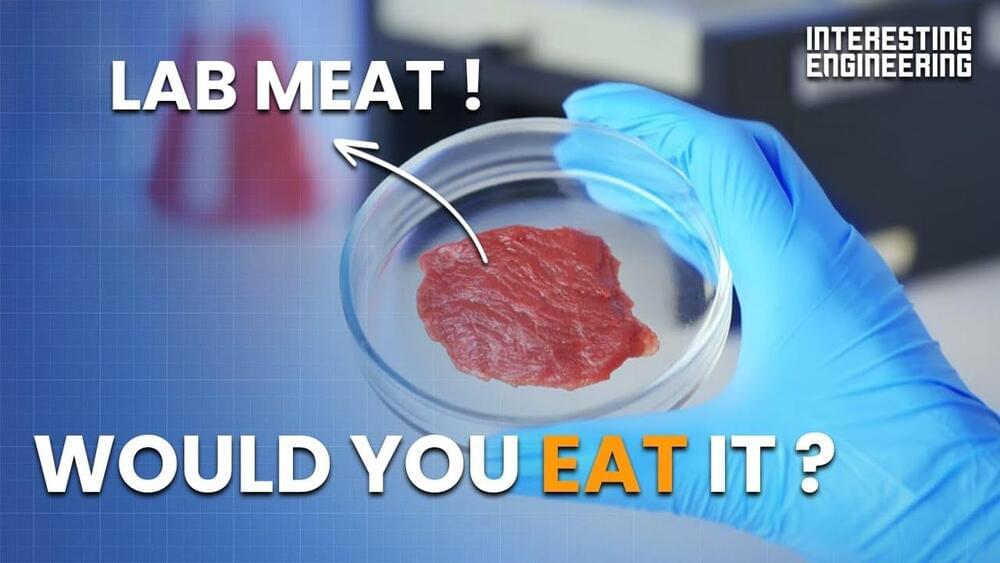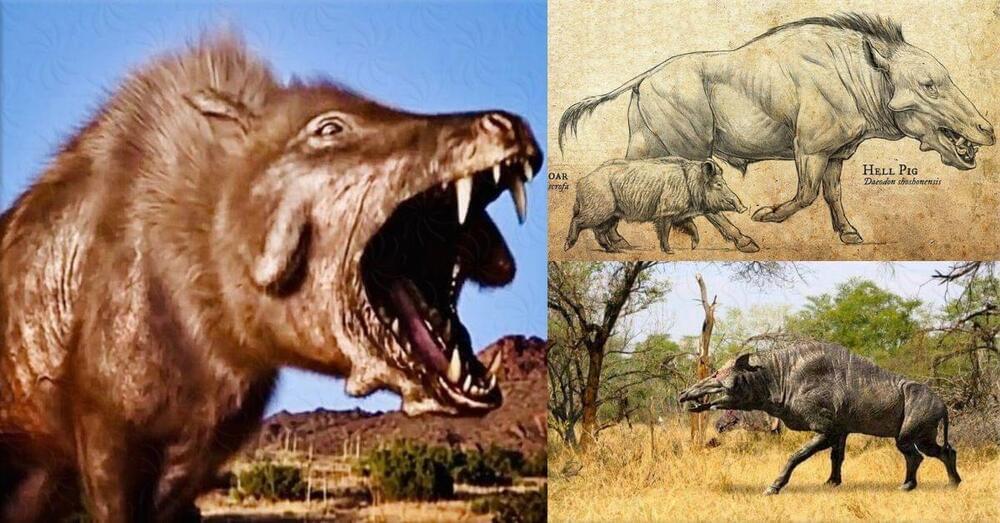Feb 8, 2023
This Vegan Egg Makes Its Debut in US Restaurants This Week
Posted by Omuterema Akhahenda in category: food
The price of eggs has more than doubled in the last year due to inflation, avian flu outbreaks, and the war in Ukraine. But demand for the breakfast and baking staple hasn’t gone down much; people like eggs, and there aren’t many viable substitutes that truly taste, look, and perform like the real thing.
An Israeli startup called Yo Egg thinks it has a solution in the form of vegan eggs. The product doesn’t share much with real eggs in terms of composition, but the company says it’s achieved a near-exact match in taste and texture.
Continue reading “This Vegan Egg Makes Its Debut in US Restaurants This Week” »

















